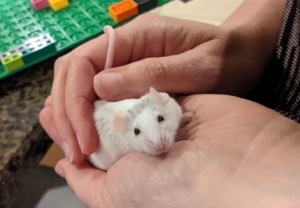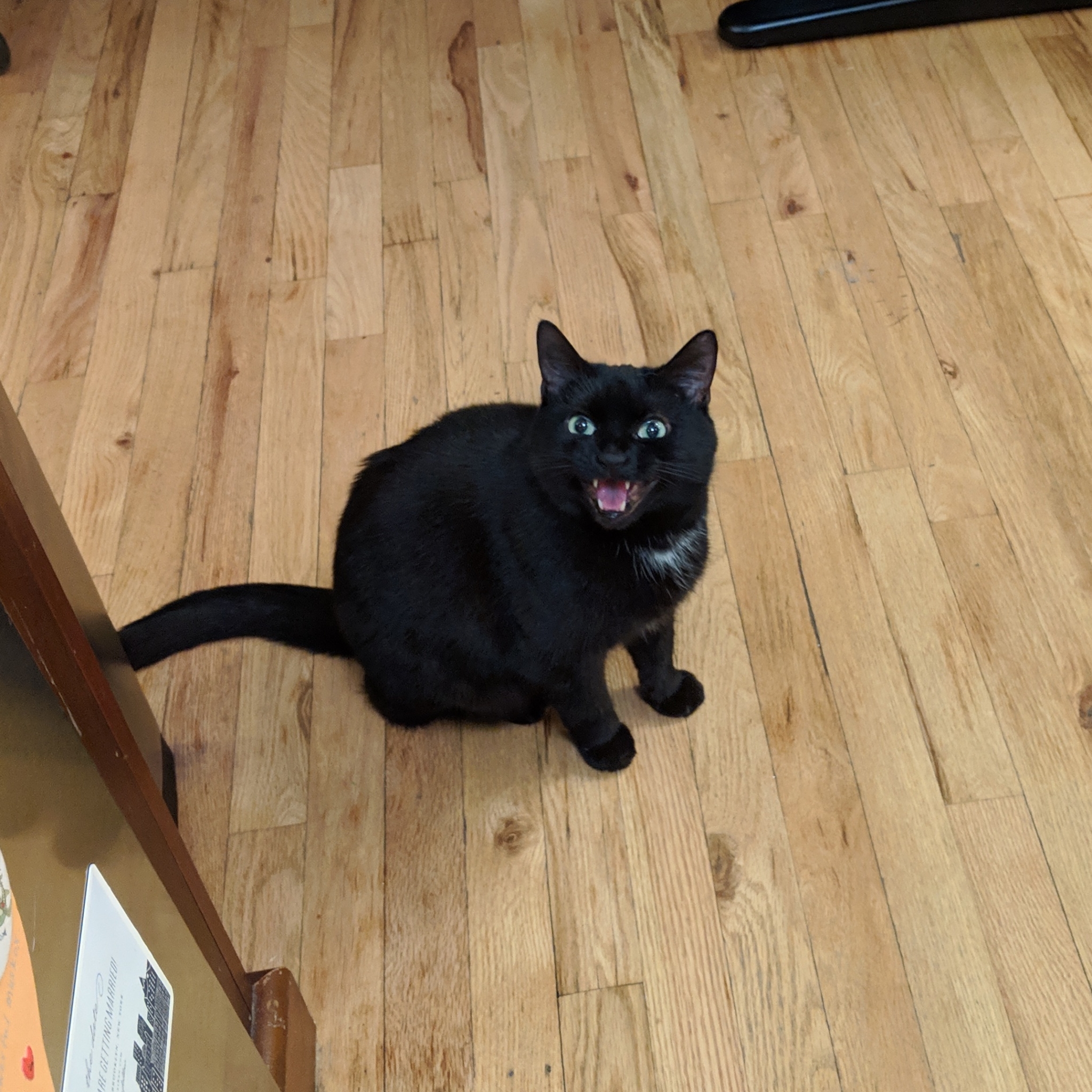Friday Facts and Figures is a weekly newsletter with data points, analysis, and commentary on the biggest policy debates in New Jersey and beyond.
Sign up here.
Vaccine Doses: 10,078,605
Fully Vaccinated People: 5,078,010
[New Jersey Department of Health / COVID-19 Dashboard]
Both
For centuries, Black and brown New Jerseyans were explicitly shut out from policy debates on some of the most pressing issues facing the state — including who should pay taxes and how those dollars are spent. As a result, many long-standing policies, including how schools are funded, were adopted in a culture where many believed that white people were inherently superior to other racial groups. As Nick Johnson of the Center on Budget and Policy Priorities makes clear here, this history makes it necessary for the state to reform its budget process so it is more inclusive and transparent: “Historically excluded communities deserve access to both full participation in democratic processes and budget decisions that begin to dismantle long-standing barriers to economic and social inclusion.” [Center on Budget and Policy Priorities / Nicholas Johnson]
9.4
Speaking of education funding: A new NJPP report by Mark Weber finds that underfunded schools have fewer teachers and certified support staff than adequately funded schools. And this underfunding is not felt evenly across the state, as underfunded districts enroll a disproportionately higher share of Black and Hispanic/Latinx students. Overall, severely underfunded K-12 districts only employ an average of 9.4 staff members per 100 students, as opposed to 12.9 staff per 100 students in highly funded districts. This is the type of report where the graphs tell the story on their own, so make sure to click the link and give the report a look. [NJPP / Mark Weber]
6 Million
Earlier this week, New Jersey released data on more than six million State Police traffic stops made between 2009 and 2020. Over the last year, troopers pulled over 86,920 Black drivers, representing more than a fifth of all traffic stops. Approximately 7 percent of these stops resulted in an extended interaction — such as frisks, vehicle searches, and arrests — which is more than 2.5 times the rate faced by white drivers. The history here is that, between 1998 and 2009, the U.S. Department of Justice oversaw the State Police to ensure troopers were not racially profiling drivers. When that oversight ended, the state agreed to track and publish data on traffic stops. This week’s data release was the first since 2016. [NJ.com / Blake Nelson and Riley Yates]
1.5 Million
More than one in four New Jersey adults — totaling more than 1.5 million people — had trouble covering usual households expenses over the last month. Fortunately, some families will receive federal relief later this month once the newly expanded Earned Income Tax Credit (EITC) and Child Tax Credit (CTC) take effect. As Alison Arné of the New Jersey Organizing Project notes in this op-ed, these expanded tax credits will help keep families afloat — but the expansions are not permanent. It’s up to federal lawmakers to permanently expand tax credits for low-paid working families so the tax code works for all of us, not just the wealthy and well-connected. [NJ.com / Alison Arné]
3,000
Last Friday, Governor Murphy signed some major harm reduction expansion bills into law to better address the overdose crisis. Specifically, the bills make the opioid-reversing drug naloxone (brand name Narcan) more accessible to people likely to witness an overdose. In 2020, 3,046 people in New Jersey died of a suspected drug overdose, up from 3,021 in 2019. [NJ.com / Susan Livio and Brent Johnson]
ICYMI
The NJPP team partnered with the Institute on Taxation and Economic Policy (ITEP) and the Rockefeller Foundation to highlight the benefits of New Jersey’s expanded EITC. Click through for interactive data visualizations showing how many families and children were lifted out of poverty by the EITC (hint: it’s a lot, but it could be much more with some additional reforms). [Rockefeller Foundation]
Pets of NJPP
Have a fact or figure for us? Tweet it to @NJPolicy.









